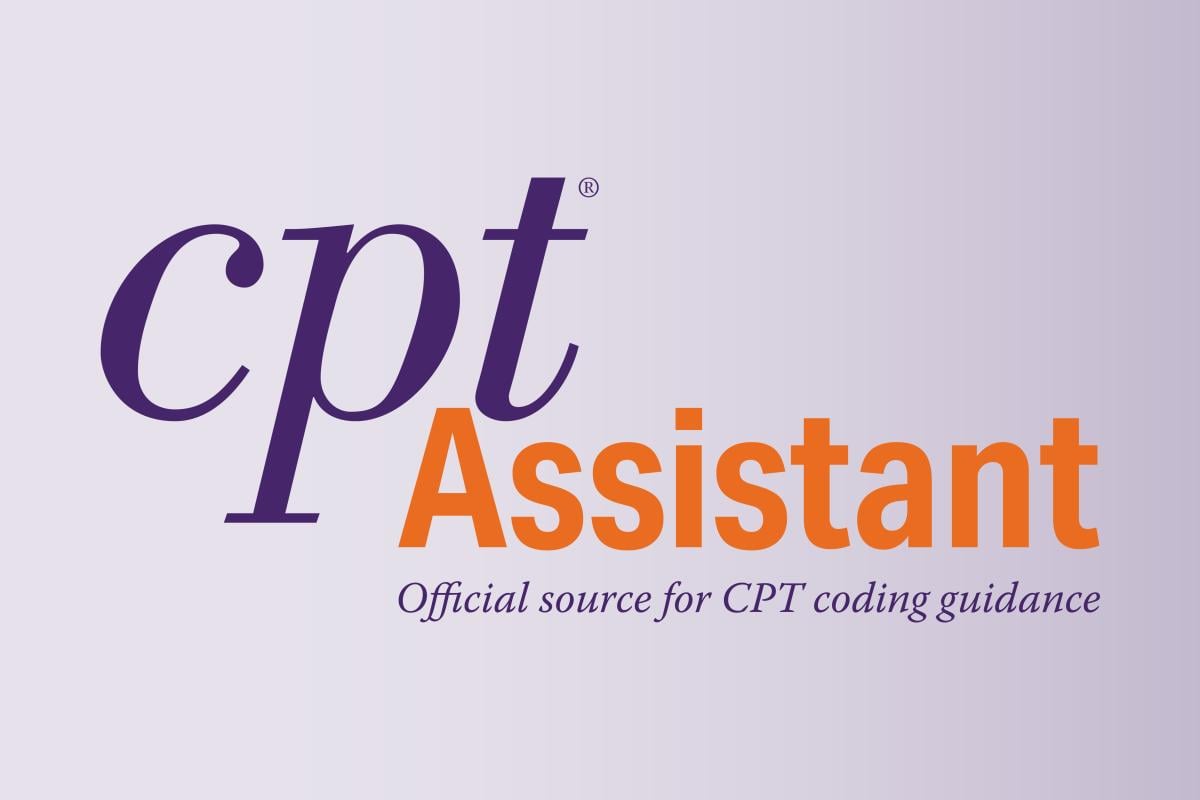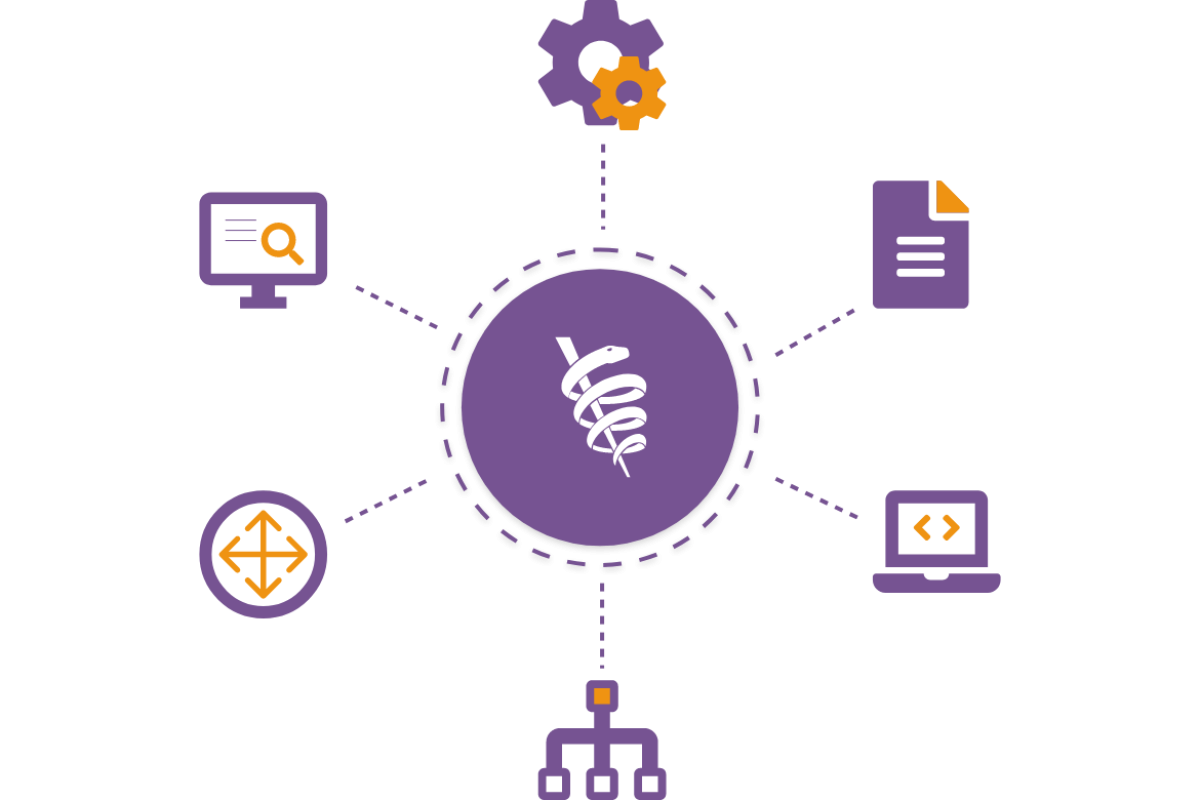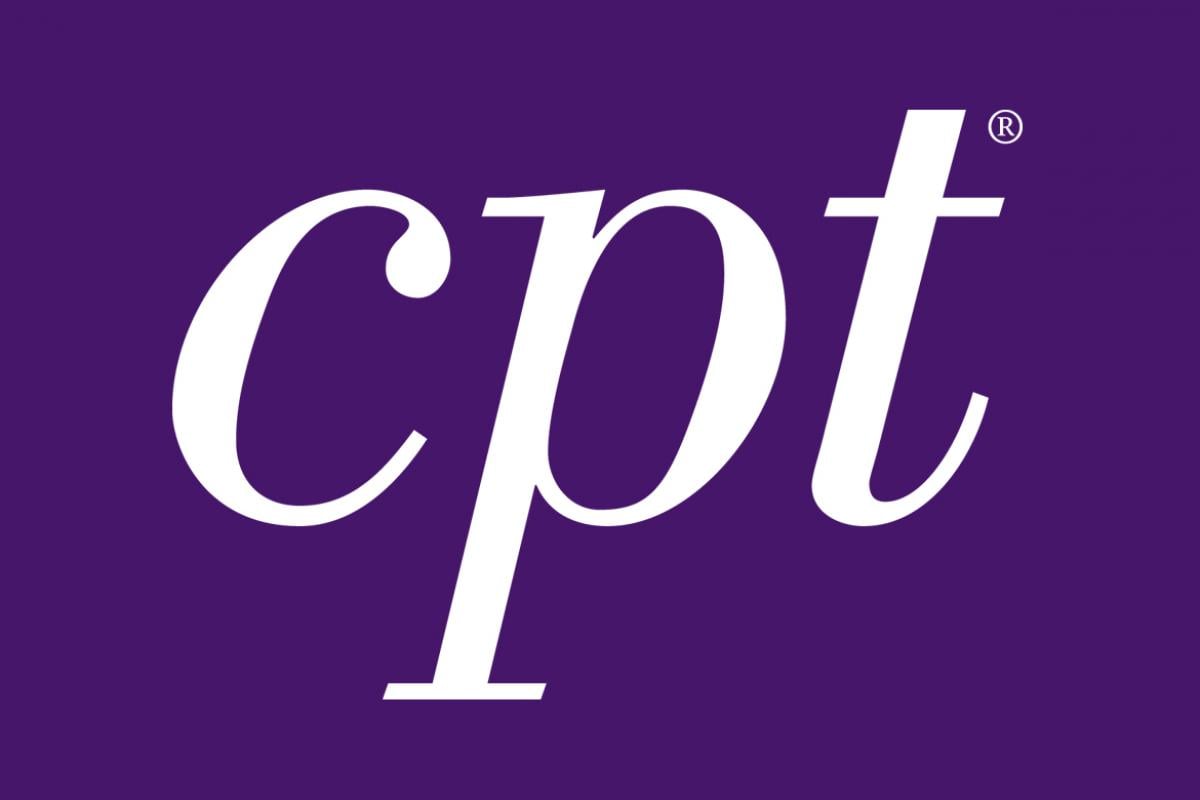Current Procedural Terminology (CPT®) codes describe medical services and procedures performed by physicians and other qualified health care professionals. As a uniform language of medicine, they enable physicians, providers, payers, regulators, vendors and health care technology organizations to document, communicate and understand the care provided to patients.
Practice Management
CPT®
Current Procedural Terminology (CPT®) codes describe medical services and procedures performed by physicians and other qualified health care professionals. As a uniform language of medicine, they enable physicians, providers, payers, regulators, vendors and health care technology organizations to do ...Read More
Current Procedural Terminology (CPT®) codes describe medical services and procedures performed by physicians and other qualified health care professionals. As a uniform language of medicine, they enable physicians, providers, payers, regulators, vendors and health care technology organizations to do
CPT early releases
Latest information
CPT Products
CPT code changes & meetings
Membership Moves Medicine™
Essential CPT® Tools & Resources
E/M Checklist: Prepare your practice for office visit changes
Subscribe to CPT News
CPT® codes: A shared language of medicine
AMA Royalties Portal
Sign up for CPT News
Get the latest news on CPT codes and content emailed directly to your inbox each month from the CPT authority. All subscriptions are free!

Are you located outside the U.S.?
Interested in learning more about the value of CPT® content for you or your organization?
AMA Morning Rounds
Get your daily dose of medical news
The biggest stories in medicine and public health delivered right to your inbox.









